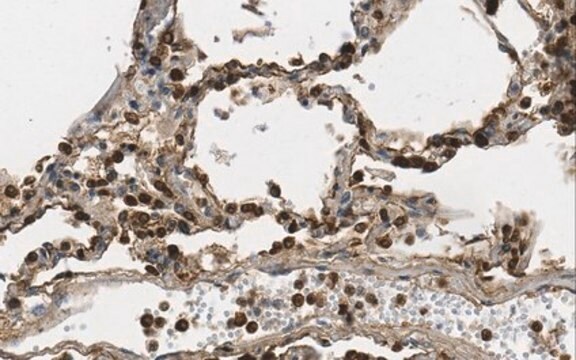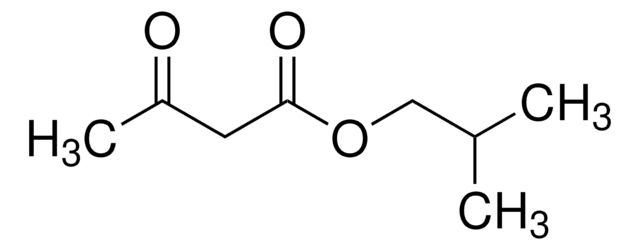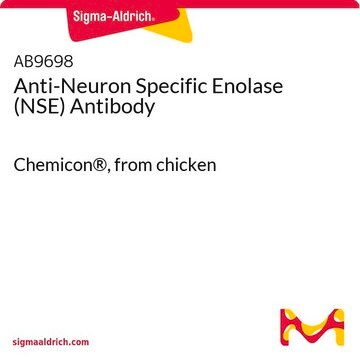63020-016
DNAgard® Tissue
Trial kit, for room temp preservation of DNA
Se connecterpour consulter vos tarifs contractuels et ceux de votre entreprise/organisme
About This Item
Code UNSPSC :
12352200
Produits recommandés
Qualité
for molecular biology
Forme
liquid
Utilisation
3 reactions
Température de stockage
room temp
Caractéristiques et avantages
- Protects DNA in tissues, cells and biopsy material from degradation at room temperature
- Compatible with most downstream applications, e.g., PCR, qPCR and sequencing.
- Optional dry-down feature allows for long-term storage
- Reduces storage and shipping costs and improves lab space management
Conditionnement
3 tubes x 500 μL
Informations légales
DNAgard is a registered trademark of Biomatrica
Mention d'avertissement
Danger
Mentions de danger
Conseils de prudence
Classification des risques
Eye Dam. 1
Code de la classe de stockage
10 - Combustible liquids
Classe de danger pour l'eau (WGK)
WGK 3
Point d'éclair (°F)
Not applicable
Point d'éclair (°C)
Not applicable
Certificats d'analyse (COA)
Recherchez un Certificats d'analyse (COA) en saisissant le numéro de lot du produit. Les numéros de lot figurent sur l'étiquette du produit après les mots "Lot" ou "Batch".
Déjà en possession de ce produit ?
Retrouvez la documentation relative aux produits que vous avez récemment achetés dans la Bibliothèque de documents.
A Allen-Hall et al.
Forensic science international. Genetics, 6(5), 653-657 (2012-01-25)
Disaster victim identification (DVI) poses unique challenges for forensic personnel. Typical scenarios may involve many bodies or body parts to identify in remote locations with limited access to laboratory facilities and in extreme temperatures. Transportation of tissue samples to a
Michael A Gray et al.
FEMS microbiology ecology, 83(2), 468-477 (2012-09-15)
Field collections of environmental samples, for example corals, for molecular microbial analyses present distinct challenges. The lack of laboratory facilities in remote locations is common, and preservation of microbial community DNA for later study is critical. A particular challenge is
Steven B Lee et al.
Forensic science international. Genetics, 6(1), 31-40 (2011-02-18)
The ability to properly collect, analyze and preserve biological stains is important to preserving the integrity of forensic evidence. Stabilization of intact biological evidence in cells and the DNA extracts from them is particularly important since testing is generally not
Notre équipe de scientifiques dispose d'une expérience dans tous les secteurs de la recherche, notamment en sciences de la vie, science des matériaux, synthèse chimique, chromatographie, analyse et dans de nombreux autres domaines..
Contacter notre Service technique









